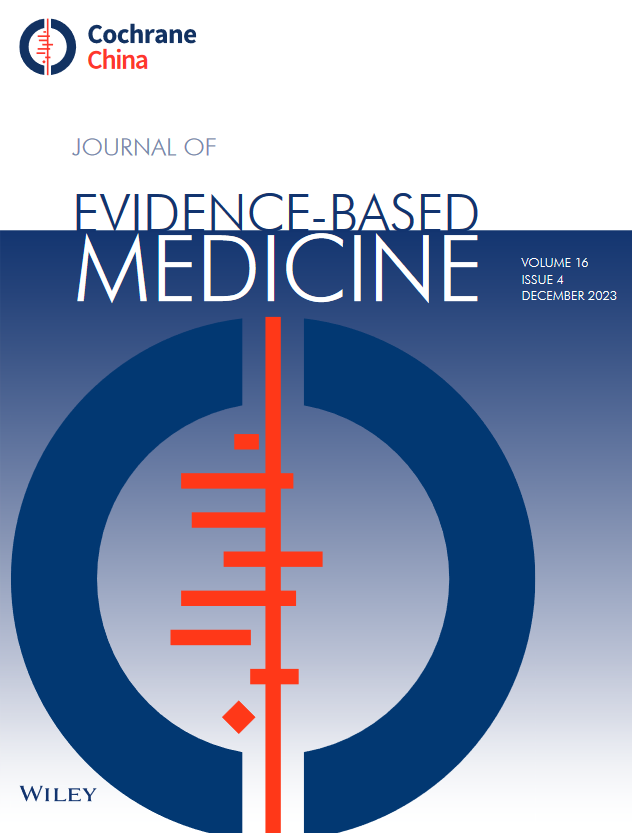IDEAL-Acu: A Methodological Framework for Evaluating the Effects of Acupuncture
Abstract
Objectives
The demand for high-quality clinical evidence supporting acupuncture remains urgent, necessitating the establishment of a suitable methodological framework to promote its generation.
Methods
Following internal deliberations and extensive online discussions with experts in the IDEAL Collaboration, we proposed the IDEAL-Acu framework specifically for acupuncture, based on the surgery-focused IDEAL model with necessary modifications to accommodate the characteristics of acupuncture. To ensure consensus on recommendations, a panel of external experts and internal research team members was convened, and any disagreements were iteratively resolved through expert review.
Results
This article introduces an IDEAL-Acu framework with five stages for evaluating acupuncture outcome and improving practice to optimize treatment. The framework includes Idea (proposal of an acupuncture regime), Development (optimization or standardization of the acupuncture regime), Exploration (feasibility assessment for conducting a definitive RCT), Assessment (evaluation of effects through comparison with standard therapy or sham acupuncture), and Long-term monitoring (examination of long-term efficacy and safety) stages. We provide clear recommendations for each stage along with specific examples.
Conclusion
The framework highlights the importance of conducting studies at each stage in acupuncture evaluation process and can serve as a helpful guide for assessing its effects and promoting evidence-based practice in acupuncture.


 求助内容:
求助内容: 应助结果提醒方式:
应助结果提醒方式:


